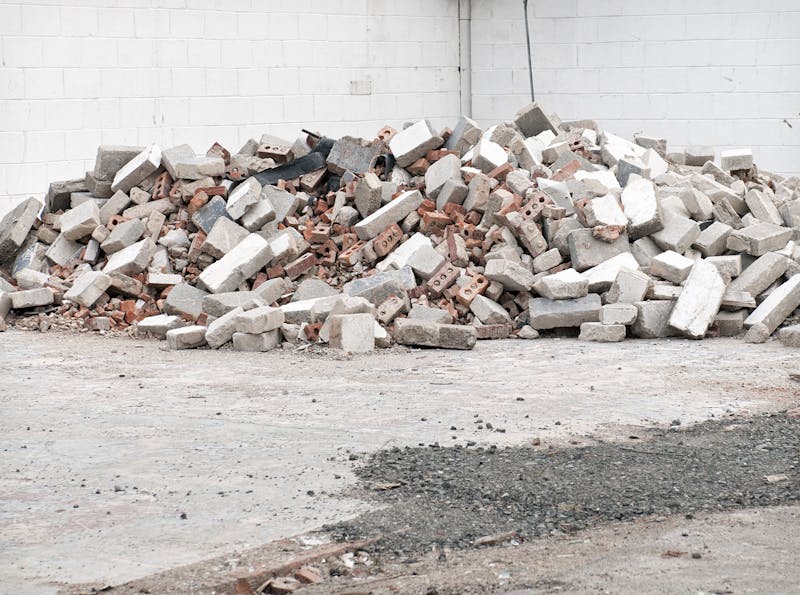
Smart medical practices prioritize sustainability and efficiency, with modular construction emerging as a game-changing solution. RAD Technology Medical Systems is leading this charge, leveraging modular design principles to create medical facilities that are both cutting-edge and environmentally conscious. Here are the key ways modular buildings are engineered for minimal waste, offering healthcare providers sustainable solutions without compromising quality or functionality.
1. Controlled Factory Environment
Modular buildings are constructed in a factory setting for precise material management. This environment ensures that every piece of material is measured and used efficiently, significantly reducing waste compared to traditional on-site construction.
Benefits
- Efficient Material Use: Materials are cut to exact specifications, minimizing offcuts.
- Recycling Systems: Leftover materials are collected and recycled, contributing to a circular economy.
2. Reduced On-Site Waste
Traditional construction sites often produce significant debris, but modular construction drastically minimizes this impact. By completing 80% of the building process in a controlled factory environment, modular facilities limit on-site activity to assembly and finishing touches.
Benefits
- Minimal Disruption: Reduced site work means less dust, noise, and overall environmental impact.
- Eco-Friendly Assembly: Modules arrive pre-assembled with utilities and finishes, streamlining installation.
3. Optimized Transportation and Logistics
Transportation is a critical aspect of modular construction, and RAD designs its systems to reduce the carbon footprint associated with moving materials and modules.
Benefits
- Pre-Assembled Modules: Fewer trips to the site lower fuel usage and emissions.
- Compact Shipping: Modules are packed and transported efficiently to minimize energy use.
4. Reusable and Relocatable Designs
One of the standout features of modular buildings is their ability to be relocated or repurposed. This adaptability extends the structure's life cycle, reducing the need for new materials and construction in the future.
Benefits
- Relocatable Modules: Facilities can be dismantled and rebuilt at a new site.
- Upgradable Components: Modules can be modified to accommodate new medical technologies, avoiding demolition waste.
5. Energy-Efficient Construction Process
The factory-controlled construction process also enhances energy efficiency. Advanced technologies like automated cutting systems and digital modeling reduce energy consumption during production.
Benefits
- Streamlined Operations: Automated processes ensure consistent energy use without waste.
- Green Energy Options: Factories often incorporate renewable energy sources to power production lines.
6. Designed for Longevity
Structurally, modular buildings are generally stronger than site-built construction because each module is engineered to independently withstand the rigors of transportation and craning onto foundations.
Benefits
- High-Quality Materials: Components are chosen for their strength and longevity.
- Future-Proof Designs: Facilities can evolve with technological advancements, minimizing obsolescence.
Discover The RAD Advantage
RAD Technology Medical Systems has revolutionized modular medical construction by combining sustainability with efficiency. Our facilities are designed to meet the highest standards of quality and adaptability while minimizing environmental impact.
RAD’s modular solutions reflect our commitment to sustainable innovation from radiotherapy centers to specialty healthcare facilities. By choosing modular construction, healthcare providers can expand their services, reduce their carbon footprint, and support a greener future.
Let’s find the right solution for your medical build. Contact us today to learn more.